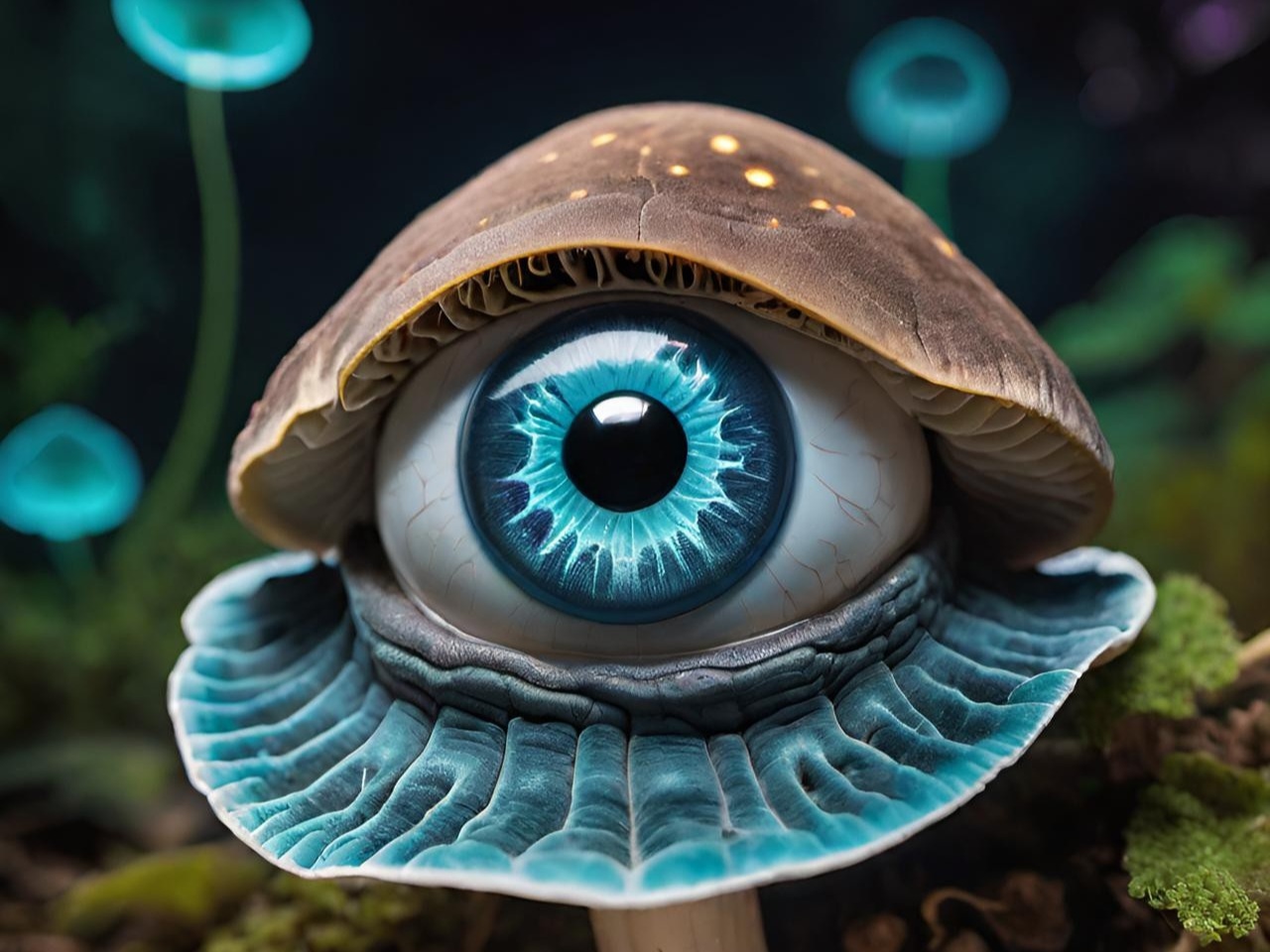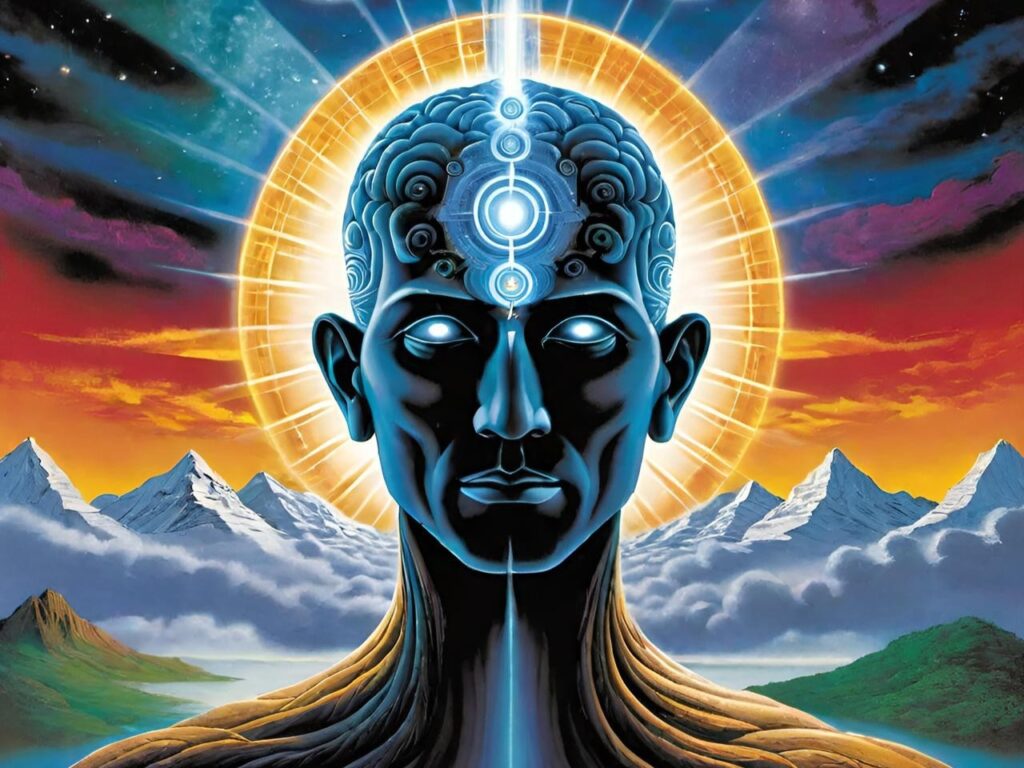The conversation around mental health has broadened in recent years, incorporating not just traditional treatments but also exploring the potential of alternative therapies. Among these, the therapeutic use of psilocybin, a naturally occurring compound found in certain species of mushrooms, has gained significant attention. This guide aims to demystify psilocybin and highlight its potential benefits for mental health in a manner accessible to novices.
Psilocybin is a psychedelic compound that, upon ingestion, is converted to psilocin in the human body. This conversion process triggers a wide range of psychological effects due to its interaction with the serotonin receptors in the brain. Traditionally used by indigenous cultures for spiritual and healing purposes, its application in modern therapy has become a subject of scientific interest.
The Therapeutic Journey
The experience of psilocybin is often described as a journey, taking the individual through various states of consciousness. Users report experiencing vivid visualizations, emotional intensity, and profound insights into their thoughts and feelings. In a controlled therapeutic setting, these experiences can be guided and interpreted to help individuals confront and process underlying psychological issues.
Mental Health Applications
Depression
One of the most promising applications of psilocybin therapy is in the treatment of depression. Studies have shown that psilocybin can produce significant and rapid reductions in depressive symptoms in individuals for whom traditional antidepressants have not been effective. The compound appears to ‘reset’ brain activity patterns associated with depression, offering a new lease on life for many.
Anxiety and End-of-Life Distress
Patients facing terminal illnesses often experience significant anxiety and existential distress. Research indicates that psilocybin therapy can help reduce these feelings, providing a sense of peace and acceptance. Patients report a decreased fear of death and an improved quality of life following treatment.
Addiction
Psilocybin has also shown potential in treating various forms of addiction, including nicotine and alcohol dependence. By altering thought patterns and providing new perspectives on one’s life and choices, psilocybin can help break the cycle of addiction, offering a path to recovery that is distinct from traditional methods.
Safety and Legality
While the therapeutic potential of psilocybin is compelling, it is crucial to approach its use with caution. Psychedelic experiences can vary widely among individuals, and without professional guidance, there is a risk of adverse psychological effects. Currently, psilocybin is classified as a Schedule I drug in the United States, meaning it is illegal to manufacture, buy, possess, or distribute. However, recent legislative shifts and FDA approvals for clinical trials suggest a changing landscape, with potential for legal therapeutic use in the future.
The Future of Psilocybin Therapy
The therapeutic use of psilocybin is still in its early stages, with much to learn about its applications and long-term effects. However, the initial results are promising, offering hope for novel treatments that could revolutionize mental health care. As research continues and societal attitudes shift, psilocybin therapy may become a more accessible and widely accepted tool in the battle against mental illness.
Conclusion
The exploration of psilocybin as a therapeutic tool is a testament to the innovative approaches being taken to tackle mental health issues. By understanding its potential benefits and remaining informed about ongoing research, individuals can better navigate the evolving landscape of mental health treatments. For those struggling with conditions that have resisted traditional therapies, psilocybin represents a beacon of hope, illuminating new paths to healing and well-being.





